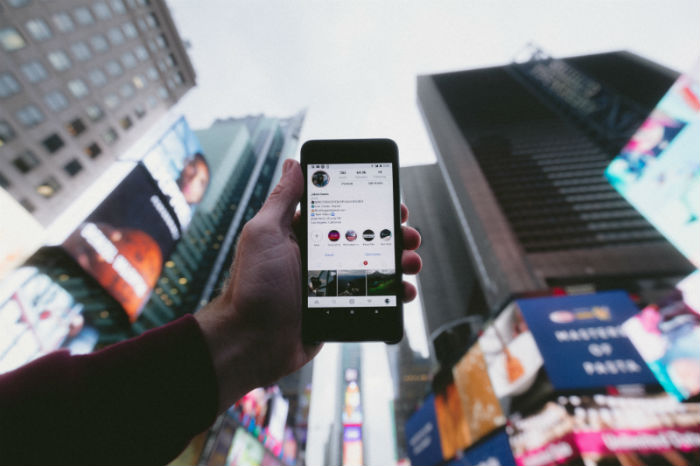Thursday, April 4, 2019
Category: News
Are younger generations becoming more globally-minded?
By Deanna Preziosi '19

As children develop familiarity with technology from earlier ages, you might ask the question: How does a child’s access to technology from a young age influence the way they see the world? Mobile technology commonly used by younger age groups—things like laptops, iPads and cell phones—allow for streaming and quick access to all kinds of information. Much of the information we see and hear about the use of technology tends to be negative. But with increased exposure to the rest of the world through the lens of a screen, can this degree of easy access to information have the ability to positively impact younger generations in some ways? Could it cause them to become more in tune with the world?
Professor of Anthropology Jenell Paris, Ph.D., shares four ways technology can positively impact younger generations’ understanding of the world, making them more globally-minded:
1.) Ease of which they can learn about distant places
Because of the visual quality of current digital resources, we can more easily resonate with vivid images of faces, bodies and lives of other humans, causing us to empathize with individuals who may be oceans away. Along with developing empathy, technology gives us the ability to research and learn more about places we have not visited, increasing familiarity with other parts of the world.
2.) Digging into unfamiliar topics
While various board games (remember Trivial Pursuit?) used to reward us for memorizing facts, we now trust that computers hold that information for us. We can find details about any topic or place through search engines, linking us to an abundance of factual information. Anyone can complete this task quite easily, making the ability to research different cultures limitless.
3.) Familiarity with diversity
In the past, television contained limited channels, often resulting in a lack of diversity of people groups or content. With today’s seemingly endless number of channels and resources online, we can become more familiar with people from different cultures and backgrounds. However, while the digital environment gives us an invitation to explore diverse cultures, Paris emphasizes that we must also make an effort to participate in diverse experiences in real life.
4.) Sense of common humanity on global scale problems
Exposure to news involving environmental issues, tragedies, global weather forecasts and natural disasters encourage us to see our lives as part of a larger system. In this way, technology allows us to contemplate how issues affect others and ask global-level questions of ourselves.